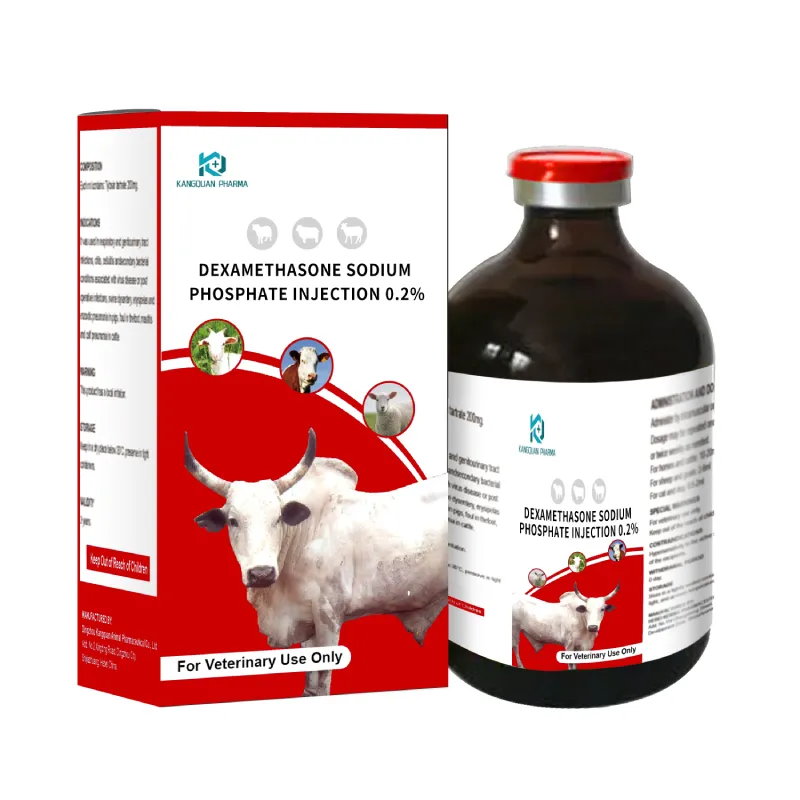- Afrikaans
- Albanian
- Amharic
- Arabic
- Armenian
- Azerbaijani
- Basque
- Belarusian
- Bengali
- Bosnian
- Bulgarian
- Catalan
- Cebuano
- Corsican
- Croatian
- Czech
- Danish
- Dutch
- English
- Esperanto
- Estonian
- Finnish
- French
- Frisian
- Galician
- Georgian
- German
- Greek
- Gujarati
- Haitian Creole
- hausa
- hawaiian
- Hebrew
- Hindi
- Miao
- Hungarian
- Icelandic
- igbo
- Indonesian
- irish
- Italian
- Japanese
- Javanese
- Kannada
- kazakh
- Khmer
- Rwandese
- Korean
- Kurdish
- Kyrgyz
- Lao
- Latin
- Latvian
- Lithuanian
- Luxembourgish
- Macedonian
- Malgashi
- Malay
- Malayalam
- Maltese
- Maori
- Marathi
- Mongolian
- Myanmar
- Nepali
- Norwegian
- Norwegian
- Occitan
- Pashto
- Persian
- Polish
- Portuguese
- Punjabi
- Romanian
- Russian
- Samoan
- Scottish Gaelic
- Serbian
- Sesotho
- Shona
- Sindhi
- Sinhala
- Slovak
- Slovenian
- Somali
- Spanish
- Sundanese
- Swahili
- Swedish
- Tagalog
- Tajik
- Tamil
- Tatar
- Telugu
- Thai
- Turkish
- Turkmen
- Ukrainian
- Urdu
- Uighur
- Uzbek
- Vietnamese
- Welsh
- Bantu
- Yiddish
- Yoruba
- Zulu
dec . 16, 2024 12:21 Back to list
ivermectin injection for alpacas
Ivermectin Injection for Alpacas A Comprehensive Guide
Ivermectin is a broad-spectrum antiparasitic agent that has been widely used in veterinary medicine for various animal species, including alpacas. As camelids, alpacas are particularly susceptible to internal and external parasites, which can lead to health complications if not adequately managed. This article explores the importance of ivermectin injection for alpacas, examining its uses, benefits, administration guidelines, and precautions.
What is Ivermectin?
Ivermectin, a member of the avermectin family, is derived from the soil bacterium *Streptomyces avermitilis*. It works by binding to specific channels in the nerves and muscles of parasites, causing paralysis and subsequent death. Ivermectin is effective against a variety of parasites, including nematodes (roundworms), arthropods (mites, ticks, and lice), and certain types of ectoparasites.
Why Use Ivermectin for Alpacas?
Alpacas can host various parasites that may compromise their health, including gastrointestinal worms, lungworms, and external parasites like mites and lice. These parasites can cause symptoms ranging from mild discomfort to severe health issues, such as weight loss, anemia, or even death if left untreated. Ivermectin is particularly valuable due to its efficacy against multiple types of parasites and its relatively low toxicity to the host animal.
Benefits of Ivermectin Injection
1. Broad-Spectrum Efficacy Ivermectin is effective against a wide range of internal and external parasites, making it an essential tool in any alpaca owner's veterinary arsenal. 2. Ease of Administration The injectable form allows for more precise dosing, which can be crucial in treating certain conditions. This method is particularly advantageous when treating sick or stressed animals that may not consume oral medications.
3. Long-lasting Protection Ivermectin provides extended protection against reinfestation, aiding in the overall health management of alpacas especially in heavily infested areas.
ivermectin injection for alpacas

Administration Guidelines
When administering ivermectin, it is crucial to follow the recommended dosing guidelines to ensure the effectiveness of the treatment. The common dosage for alpacas is typically around 0.2 mg per kg body weight, administered as a subcutaneous or intramuscular injection.
- Preparation Ensure that you have the correct strength of ivermectin and the appropriate syringes and needles. Always consult with a veterinarian for the proper formulation and concentration for alpacas.
- Injection Technique Administer the injection in a clean area, preferably under the skin in the neck or shoulder region. Make sure to switch injection sites to minimize tissue irritation.
- Follow-Up After treatment, monitor the alpacas for any adverse reactions or signs of improvement. Follow up with fecal tests to measure the effectiveness of the treatment and adjust your parasite control program accordingly.
Precautions
While ivermectin is generally safe for use in alpacas, there are precautions to keep in mind. Specific breeds, such as collies and other breeds with the MDR1 gene mutation, may be sensitive to ivermectin. It is essential to confirm the breed before administration. Also, pregnant or lactating females should be treated cautiously, and consulting a veterinarian before administration is recommended.
Moreover, maintaining good husbandry practices, including pasture rotation, regular health checks, and proper nutrition, can help minimize parasite loads and the need for frequent treatments.
Conclusion
Ivermectin injection is a vital component of the health management strategy for alpacas. Its efficacy, ease of use, and long-lasting effects make it a go-to solution for dealing with parasitic infections. By adhering to proper administration protocols and maintaining vigilant health management practices, alpaca owners can ensure the well-being of their animals and promote a healthier herd overall. Always consult with a veterinary professional to tailor a parasite control program specific to your alpacas' needs.
-
Guide to Oxytetracycline Injection
NewsMar.27,2025
-
Guide to Colistin Sulphate
NewsMar.27,2025
-
Gentamicin Sulfate: Uses, Price, And Key Information
NewsMar.27,2025
-
Enrofloxacin Injection: Uses, Price, And Supplier Information
NewsMar.27,2025
-
Dexamethasone Sodium Phosphate Injection: Uses, Price, And Key Information
NewsMar.27,2025
-
Albendazole Tablet: Uses, Dosage, Cost, And Key Information
NewsMar.27,2025













